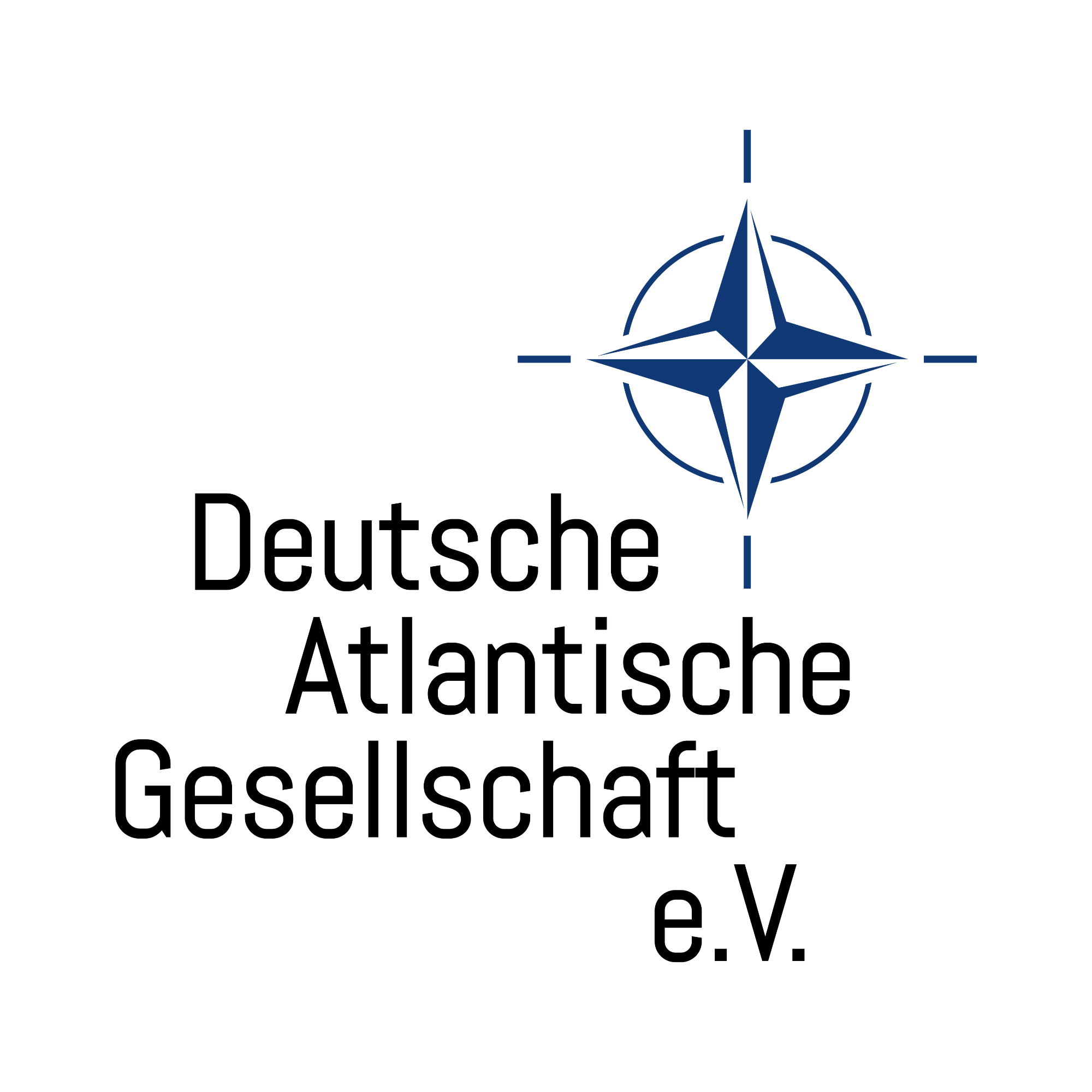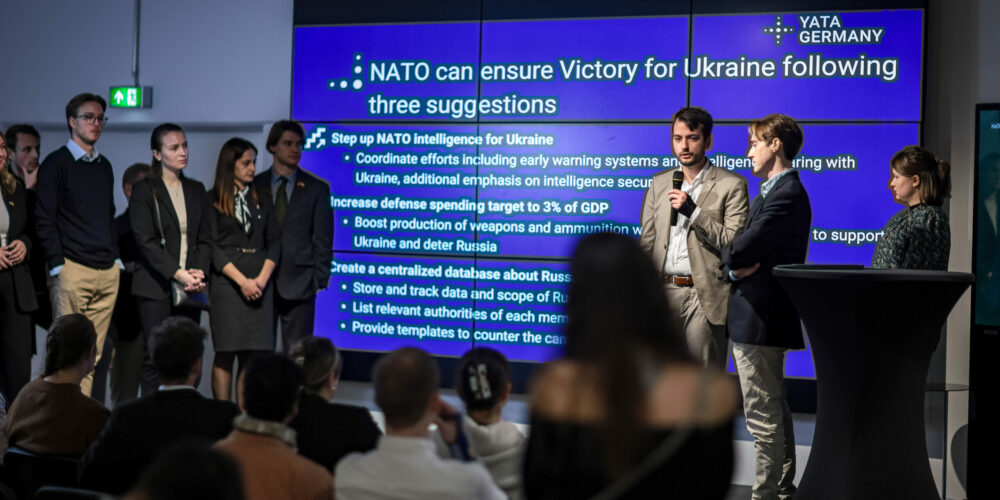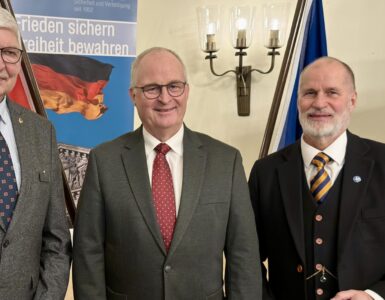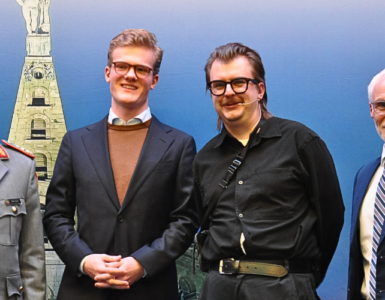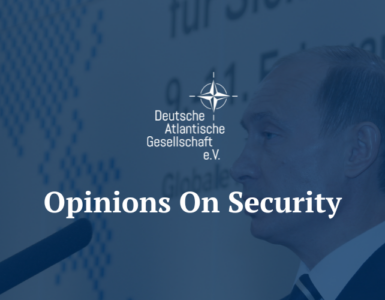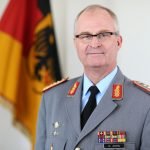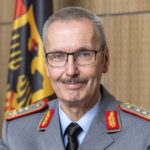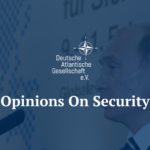YATA Germany welcomed around 30 international participants from various NATO member countries for the weekend of November 8–10 in Berlin. With their diverse backgrounds and high levels of expertise, the participants engaged in many fruitful debates and discussions on NATO’s security and defence challenges. At the same time, the pleasant atmosphere provided plenty of opportunities to network and exchange during breaks and the open evening program.
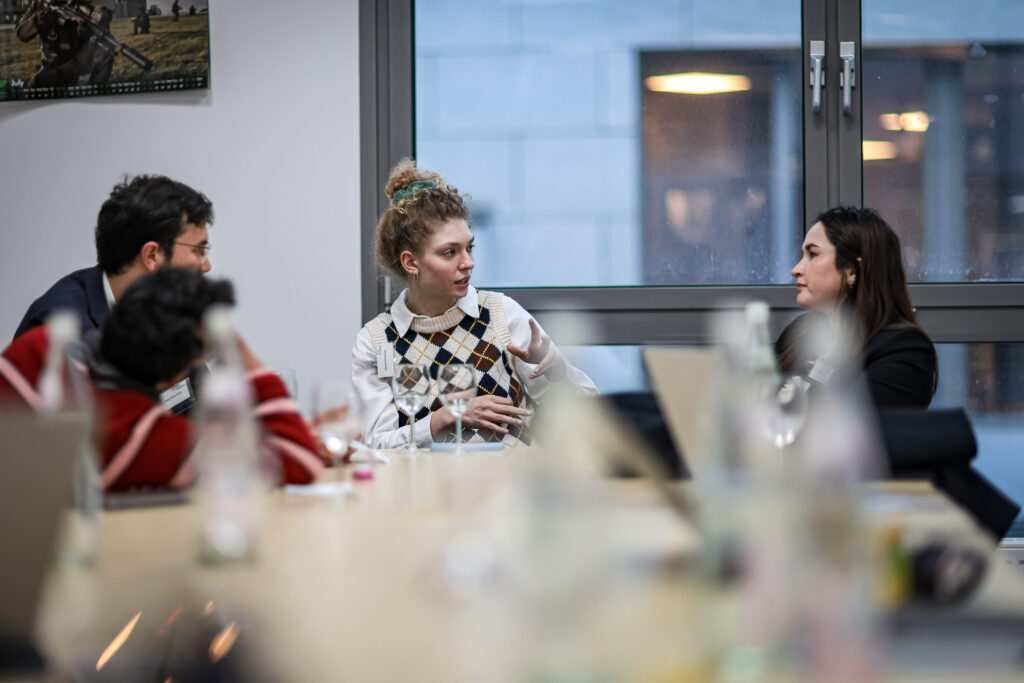
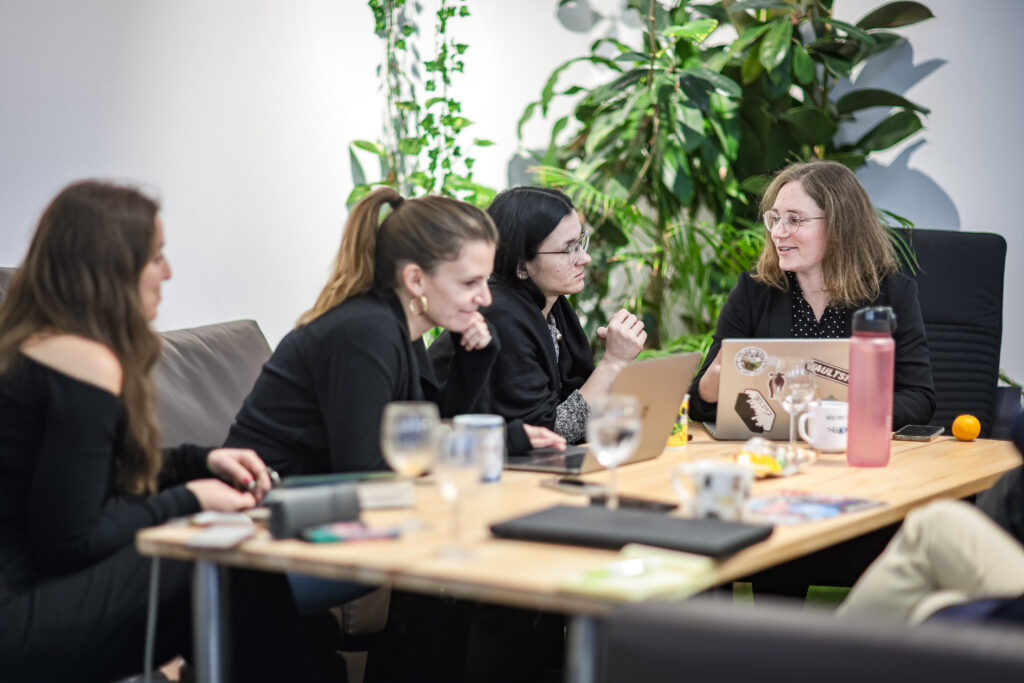

Distinguished guest speakers included Oleksii Makeiev (Ambassador of Ukraine to Germany), Beata Patasova (Programme Officer in NATO’s Public Diplomacy Division), Silke Bellmann (German Biosecurity Programme), Vice-Admiral (Ret.) Ben Bekkering (Fellow at the International Military Council on Climate and Security), and others. Their insights and professional experience added significant value to the seminar discussions.
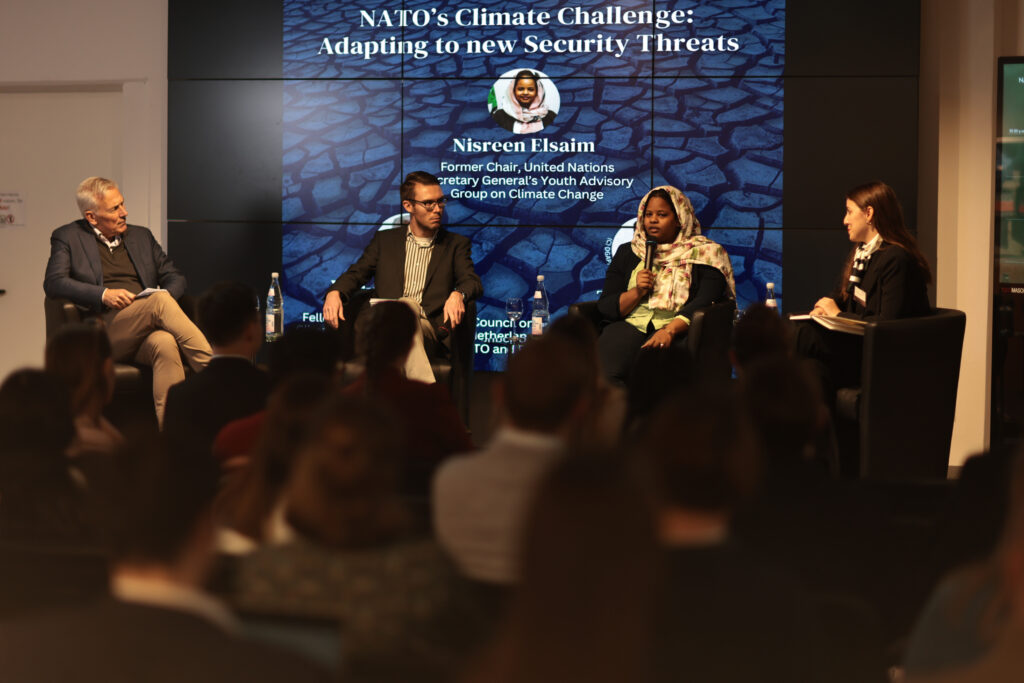
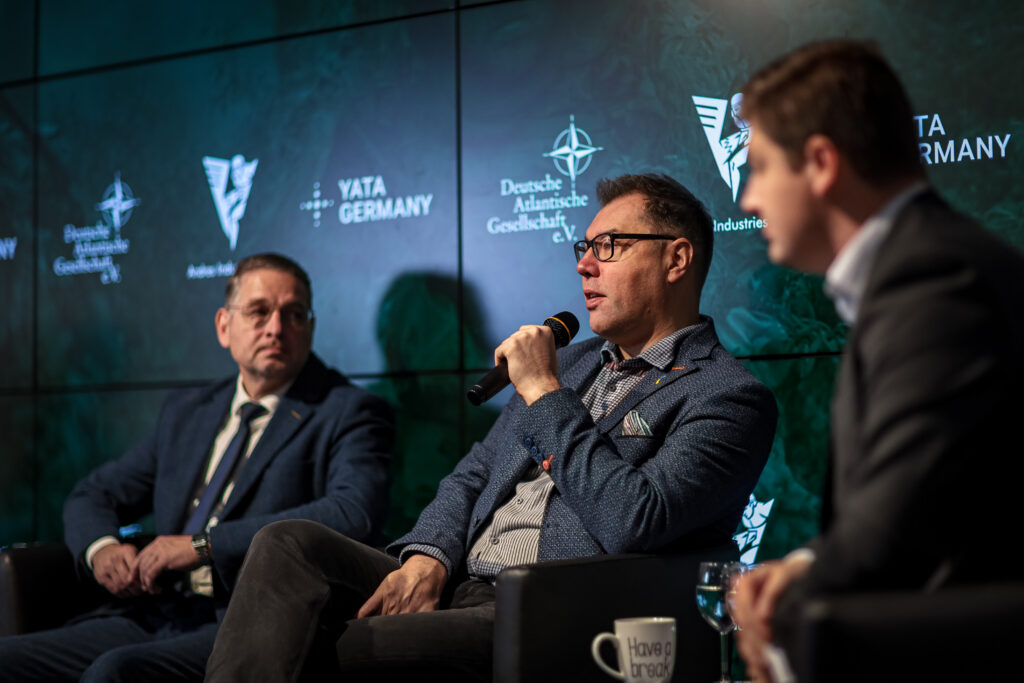
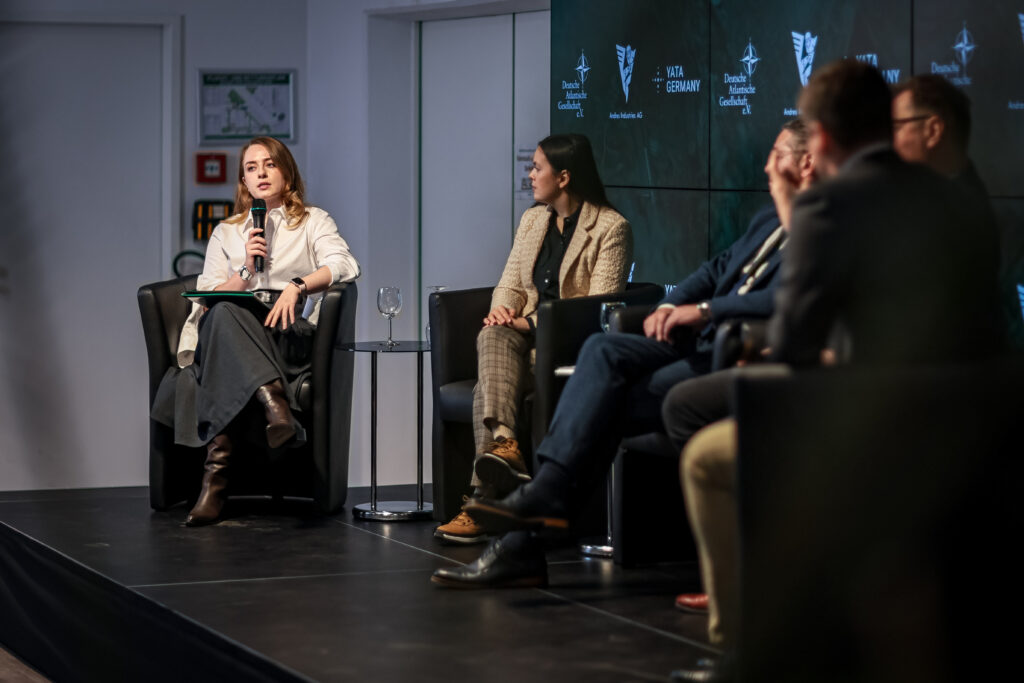
The international group of young participants was divided into three working groups, each focused on a distinct, critical aspect of NATO’s strategic challenges:
1. NATO’s Role in the Global Biosecurity Architecture
- A key recommendation from this group was to increase public awareness and societal resilience against chemical, biological, radiological, and nuclear (CBRN) threats through regular information letters.
- NATO’s Defence Innovation Accelerator for the North Atlantic (DIANA) and a dedicated CBRN Taskforce should play essential roles in achieving these objectives.
2. NATO’s Climate Challenge: Adapting to New Security Threats
- To manage the inevitable challenges posed by climate change, this group proposed creating a committee with experts from fields such as civil protection and the military, thereby enhancing civil-military cooperation.
- Additional measures should focus on energy efficiency and sustainability, which would also enhance NATO’s operational autonomy.
3. From Support to Success: How Can NATO Ensure Victory for Ukraine?
- To support Ukraine’s victory, this group recommended that NATO members increase intelligence efforts and information sharing with Ukrainian officials.
- In order to sustain the material support of Ukraine and deter adversaries, NATO members should also aim to allocate 3% of their annual GDP to defence.
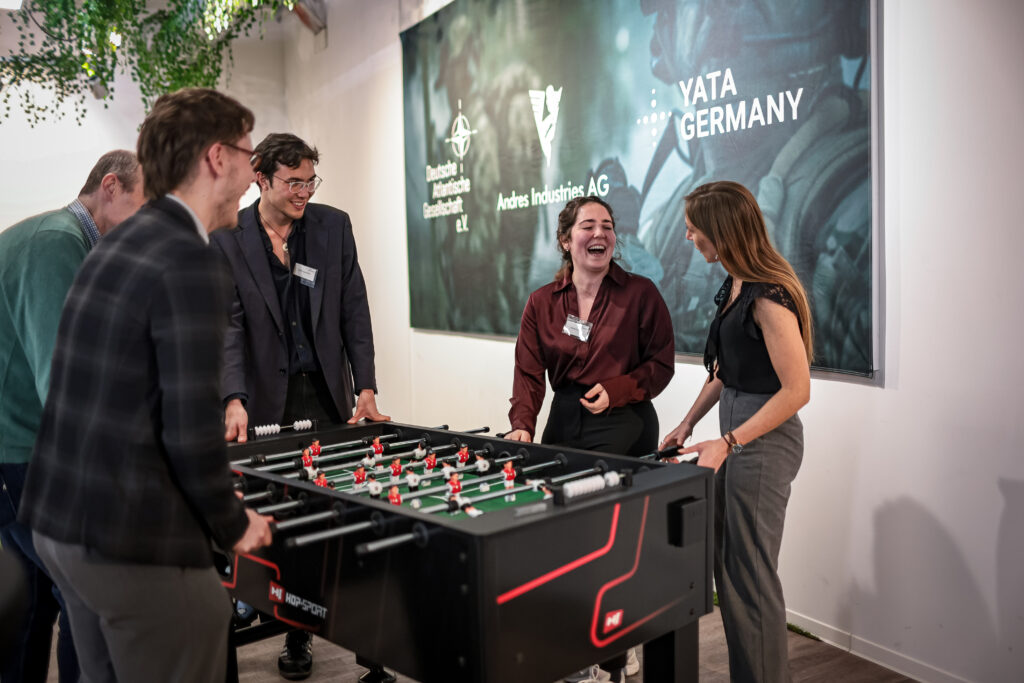
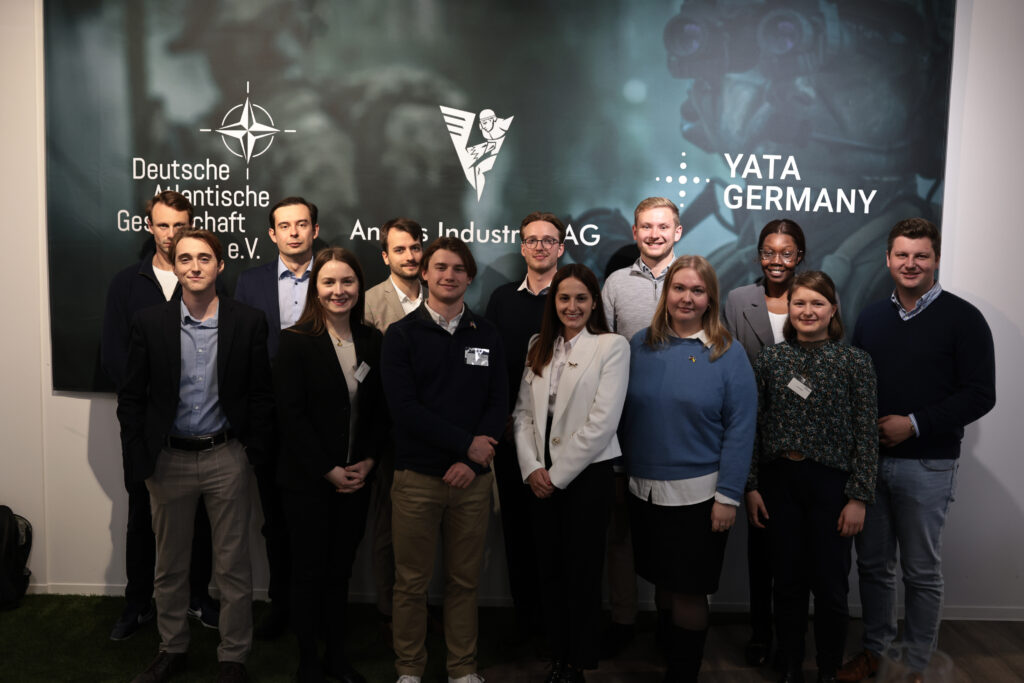
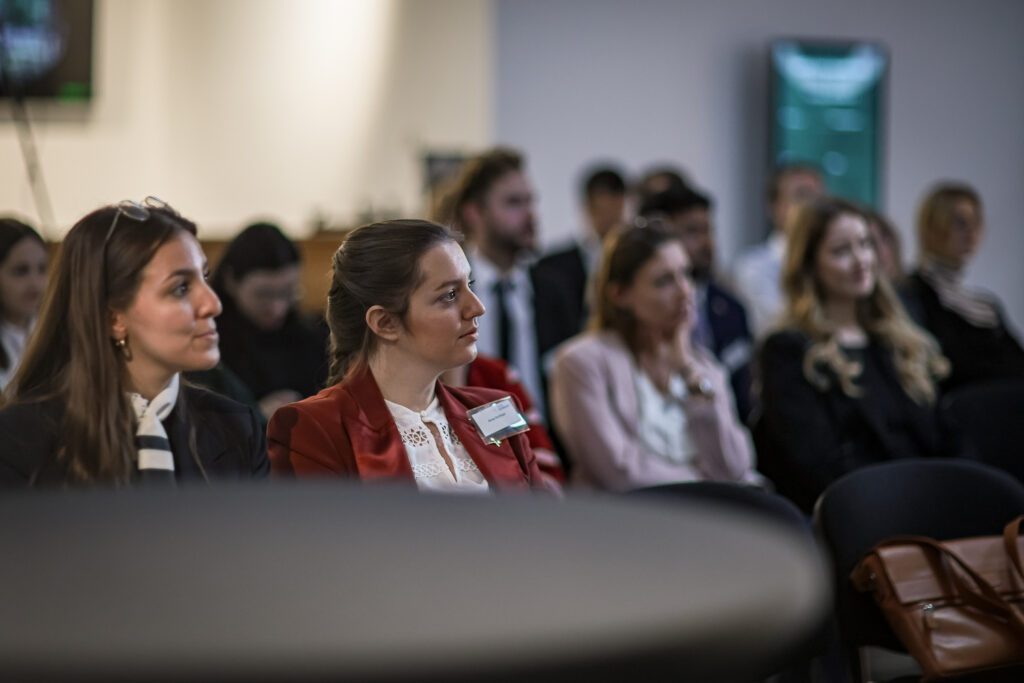
The collaboration among a diverse group of young professionals, students, and experts contributed to the dialogue about the complex challenges and opportunities that NATO faces today. In a time marked by conflict and political instability, these challenges present serious threats that demand resolute cooperation. The seminar’s insights have the potential to guide NATO’s strategic direction and operational effectiveness, strengthening its role in collective defence amidst these pressing global issues.
Supported by NATO’s Public Diplomacy Division and Andres Industries AG, YATA Germany successfully demonstrated the importance of engaging the next generation of leaders in shaping NATO’s future and strategic endeavours.
The YATA Germany board would like to express its special thanks to the many active members who helped prepare the seminar and made it a major success.
You can download the whole NFS 2024 Booklet with our recommendations here:
